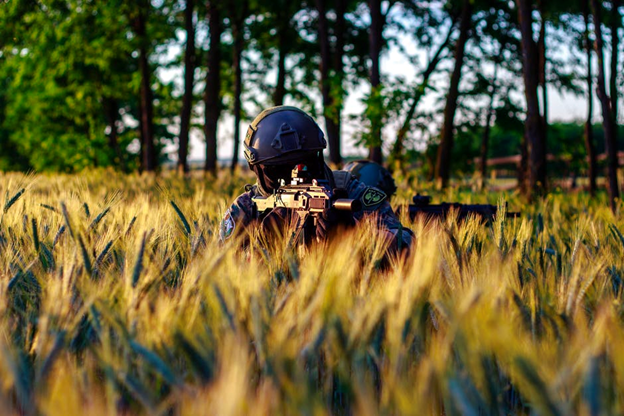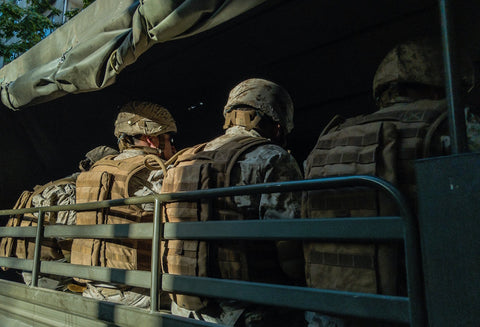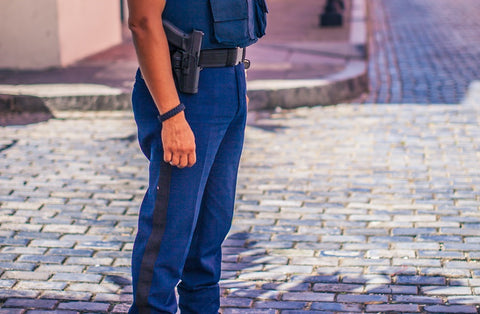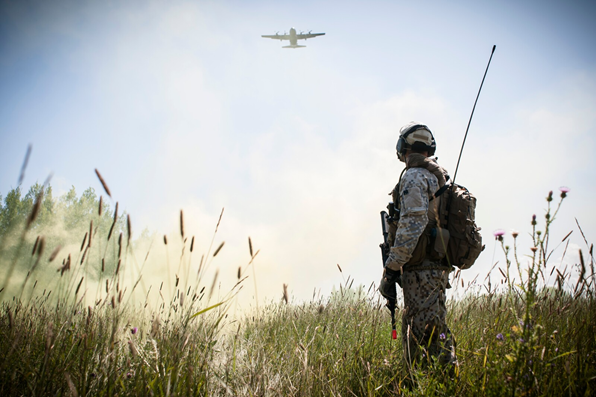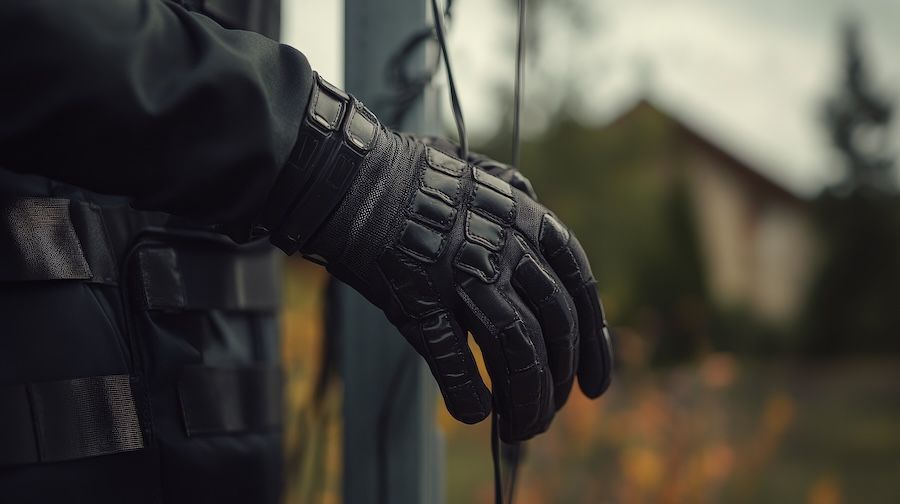How Police Dogs Get The Job Done


Yes, Police Dogs are Real – Here’s Why They’re So Reliable
You’ve probably seen police dogs in movies – these hound heroes come in at the last minute to save the day and bust the bad guys.
Off the big screen, police dogs are real – and they’re as helpful as the movies would have you believe. That’s because dogs are born with many abilities that make them savvy in circumstances involving crime scenes – and they can be trained to harness these abilities for the right reasons.
Read below to learn all about the history of police dogs, as well as what important roles they fill and how reliable they really are.
When Were Police Dogs Introduced?
For centuries, dogs have served important roles as a domesticated species. Hunting, for example, has involved dogs for a long time. In fact, many armies throughout history used dogs to support military forces. For example, American troops used dogs to find traps and clear caves during the Vietnam War.
Police forces have used dogs for more than a century. The first notable use of police dogs was in 1888, when English police officers used dogs to search for Jack the Ripper, an infamous serial killer. Over the next few decades, more and more police forces around the world would use dogs – in fact, by 1910, hundreds of police forces all over Germany would use canines for support.
READ MORE: The Future of Tactical Gear
Which Breeds are Used in Police Forces?
There are more than 200 dog breeds in the world – and plenty of them can be found working alongside police officers. Usually, dogs that are tough and can be trained to hone their skills and listen to commands are preferred. Some of the most popular choices for dog breeds include:
-
German shepherds
-
Beagles
-
Belgian Malinois
-
Bloodhounds
-
Rottweilers
-
Labradors
How are Police Dogs Trained?
Dogs working with the police force go through an intensive training process that teaches them to understand and follow commands. Each police force likely has its own systematic approach to training dogs, but they typically undergo the following:
First, they go through basic obedience training, and must nearly perfect these practices before moving on to further training. Dogs are then tested for endurance and agility – think of this as a ‘fitness test’ for dogs. They usually practice running, jumping, and climbing high surfaces.
If a dog is assigned to a specific duty, they usually receive specialized training – for example, dogs who are assigned to track missing people are taught to pick up certain scents.
READ MORE: Cold Weather Tactical Gear Guide
What Tasks Do Police Dogs Complete?
Drug Sniffing
Police forces often hire dogs to sniff out illegal substances that may be hidden – high schools all over America often rely on this practice to find drugs in lockers, for example. Dogs have a strong sense of smell, which is why they’re reliable to perform this task – after all, you wouldn’t see a police officer on his hands and knees sniffing a row of lockers.
Dogs aren’t inherently attracted to any substances. Instead, they are trained by the police to search for the smell of a specific object that is given an aroma to resemble substances – a towel, sock, or toy, usually. Dogs are also usually ‘rewarded’ upon finding these substances, further inspiring them to hunt them down.
Search and Rescue
The same sniffing abilities used to find substances can also be used for search and rescue operations. They can find traces of a missing person – or even bodies themselves in tough environments. Humans play an important role in these missions, but sometimes it helps to have dogs assisting, as they are closer to the ground and have a strong ability to pick up scents.
READ MORE: The Truth About Collecting Fingerprints
Bomb Sniffing
Dogs that can handle particularly challenging training sessions are often placed on bomb sniffing missions. They are trained to pick up odours that are usually associated with the equipment used for explosive materials. This is a particularly dangerous mission, so very few dogs make it far enough in their training for this task.
Conclusion
Ultimately, police dogs play an important role in many tactical operations, including searching for bodies, substances, and explosives. There’s no wonder why dogs are called “man’s best friend” so often.


